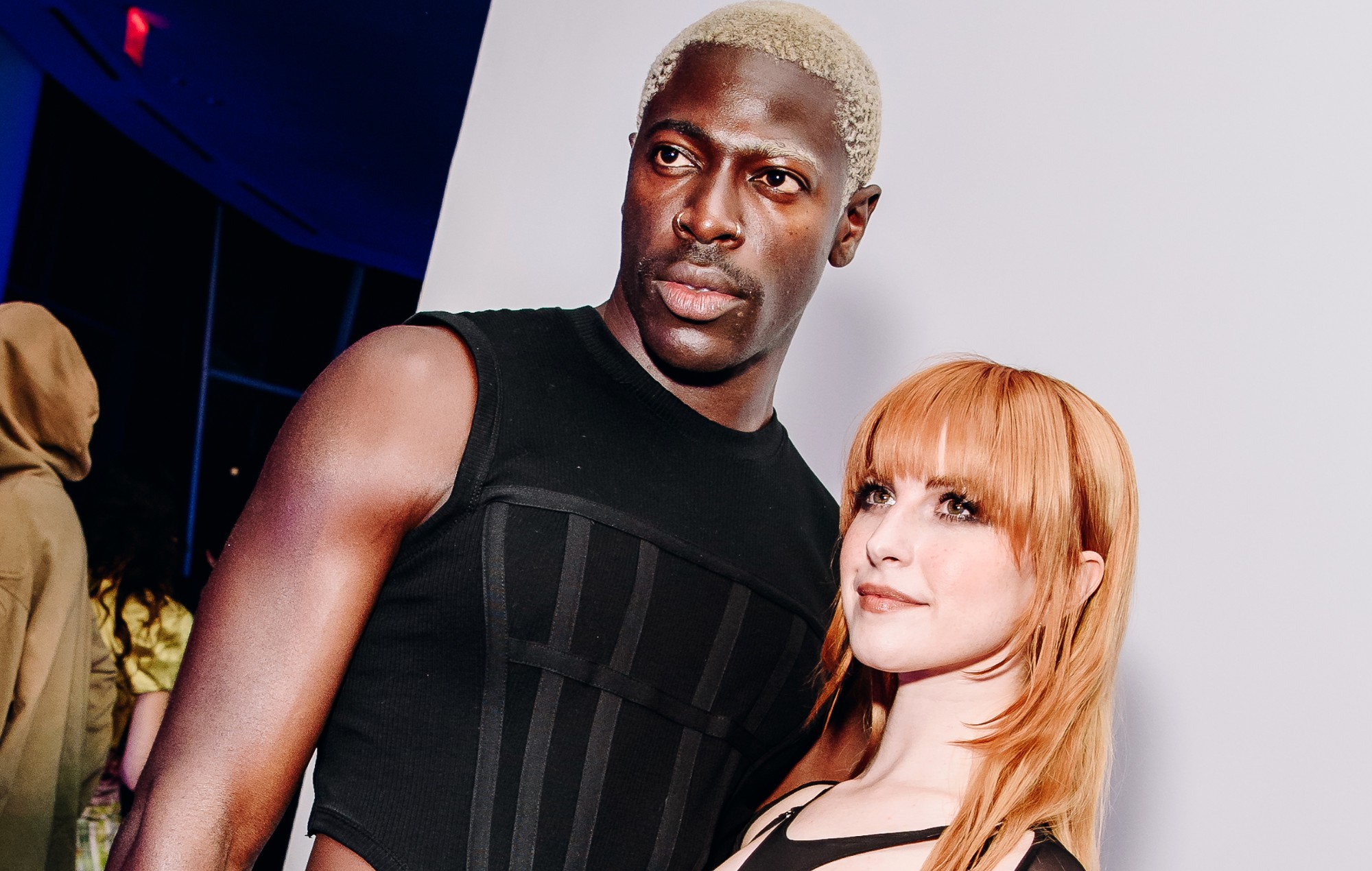
Mike Shinoda is offering to produce fans’ music live on his popular Twitch channel.
- Read more: Mike Shinoda on writing an album on Twitch, 20 years of ‘Hybrid Theory’ and Chester Bennington’s voice
The Linkin Park star has launched the #ShinodaProduceMe initiative, asking fans to submit their tracks for potential selection.
Explaining the idea behind the gesture, Shinoda said: “For 2021, I wanted to find a way to give back to my amazing community online. I’m looking for vocalists, rappers, and songwriters who need help getting to the next level.
“If I find someone great, I’ll produce their track, live on my Twitch channel. There’s no formal contest, just an intention. The fans on Twitch will help me find the right vocalists.”
View this post on Instagram
He added there were only two rules to take note of – he wouldn’t be doing vocals himself, artists should only contribute “vocals and one instrument, nothing filled out, just the ‘song’”, and “no back-seat producing” would be allowed. “The track has to be in my hands until I feel like I’m done,” he said.
Those who want to take part should head to Shinoda’s Twitch channel here.
Last year, the musician collaborated with his Twitch viewers to create his ‘Dropped Frames’ series. Shinoda took suggestions and feedback from those who tuned into his livestream on the direction the music should go in and asked them to submit vocals for some songs.
Speaking to NME about the project, he said the collaboration didn’t always work out. “Some days I’ll be at odds with what the fans want to do,” he explained. “Sometimes there’s a friction, and sometimes that makes it worse and sometimes that makes it better. It’s OK that some of these experiments fail.”






